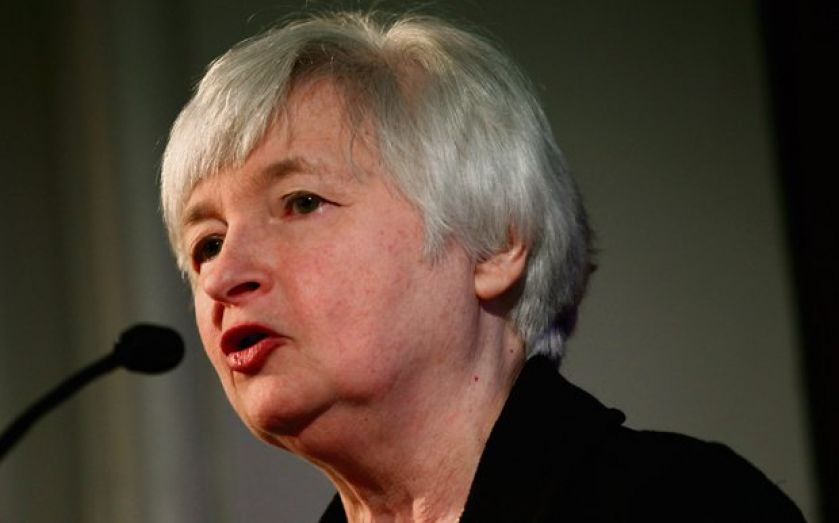Easy money pushes S&P 500 index over 2,000 for first time

US shares hit a record high yesterday, with the S&P 500 index breaking the 2,000-point mark during trading for the first time in its history.
Global investors have piled into American stocks, pumped up by cheap money from central banks, and fleeing troubled economies in areas like the Eurozone and the wavering emerging markets.
Federal Reserve boss Janet Yellen indicated at the end of last week that an interest rate rise could be some way off as inflation and wage growth remain low. And European Central Bank (ECB) boss Mario Draghi gave an extra boost to shares, with dovish suggestions of easier money.
Speaking at Jackson Hole, Draghi said he and his colleagues “stand ready to adjust our policy stance further,” adding that they have the tools “to ensure price stability over the medium term”. His comments helped stocks on France’s Cac rise 1.49 per cent yesterday, while Germany’s Dax grew 1.33 per cent.
Meanwhile back across the pond, US biotechnology stocks are among those driving the recovery in the S&P 500, while financial shares are also strong performers.
Yesterday the index rose to peak at 2,001.95 before dropping back to end up 0.48 per cent at 1,997.92.
One year ago the S&P 500 was down at 1,630, while five years ago the index was languishing at around the 1,000-point mark.
The structure of the stock market has also changed dramatically over the crashes and booms.
A decade ago General Electric was the biggest company by market capitalisation, and Apple was 456th. Now Apple is at the top of the index, and GE has slipped to eight place.
A relatively strong economic recovery has contributed to the underlying strength of the top 500 listed firms included in the index, and the Federal Reserve’s money-printing programme has pushed investors to pump more cash into shares.
“Logic seems to have played only a minor role in this frenzy of activity,” said Panmure Gordon’s David Buik, on the soaring prices over the past week. “Perhaps the size of the school of thought, which believes that interest rates will only increase very modestly and slowly, is growing and therefore the attraction of alternative asset classes is limited.”
